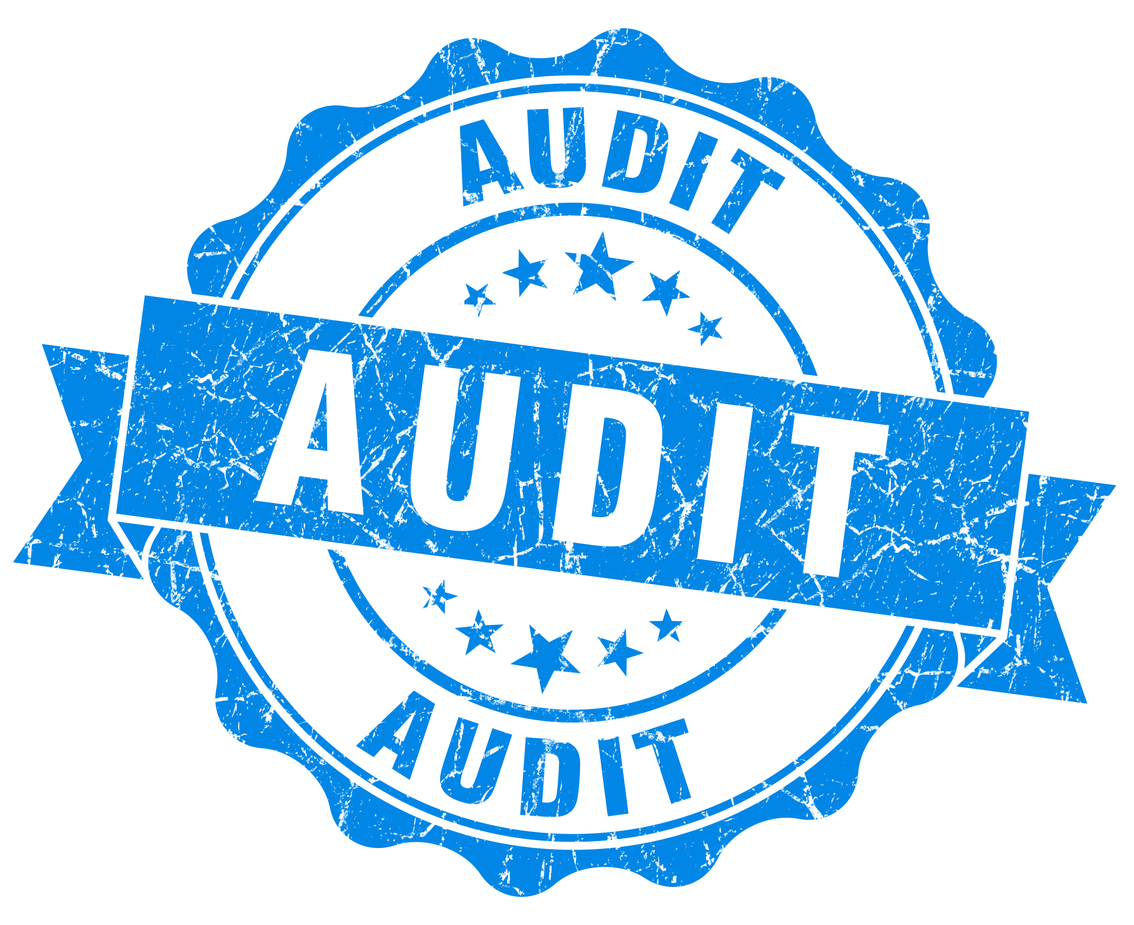
The country is opening up again and as a director your day to day duties only seem to increase, but do you understand what your legal duties are as a director and how to comply with them?
Covid has made sure that directors are well aware of their responsibilities in relation to health and safety, and legislation also imposes requirements on directors in lots of other specialist areas. However, in addition to that, there are also seven general duties every director has to their Company and these are set out in the Companies Act 2006. It is important to understand these, as failure to comply can have serious consequences. A successful claim against you can lead to:
- damages being payable by you to the Company;
- the unwinding of a transaction and a requirement for you to repay funds;
- injunctions/interdicts against you;
- an obligation to pay significant costs;
- disqualification from acting as a director;
- serious reputational damage;
- criminal penalties.
As we move into the economic recovery phase, claims against directors for breach of duty are likely to increase as shareholders try to protect their investments.
So what are your legal duties?
1. Duty to act within powers
As a director you must act in accordance with the Company’s constitution and only exercise your powers for the purposes for which they were conferred.
Practical Tips:
- you need to read and understand your Company’s articles of association and any shareholders agreement. These set out the ground rules for how to run your Company – how to hold meetings, when you need consent from shareholders, how shares can be transferred etc. Sometimes they can be quite difficult to understand so if you are unsure of how they impact on your day to day running of the Company, then you should get some further explanation to be sure you properly understand what you can and can’t do;
- when exercising the powers given to you under the constitution, use them as intended. For example, if directors have the power to block transfers of shares they should not use that in an arbitrary way – they need to have good reason to block a transfer and apply their judgment fairly to all shareholders;
- if in doubt seek legal advice.
2. Duty to promote the success of the Company
This requires directors to act in a way they think, in good faith, would be most likely to promote the success of the Company for the benefit of its members as a whole. In doing this there are six factors you must consider:
- the likely consequences of any decision in the long term;
- the interest of the Company’s employees;
- the need to foster the Company’s business relationships with suppliers, customers and others;
- the impact of the Company’s operations on the community and the environment;
- the desirability of the Company maintaining a reputation for high standards of business conduct; and
- the need to act fairly as between members of the Company.
So what does this mean in practice? What is “success”? Really it means what the members collectively want the Company to achieve – usually a long term increase in value for most companies.
Practical Tips:
- remember that this duty applies to all decisions you take, not just those made at board meetings;
- the factors listed above are not the only things you should consider when making a decision. If there are other matters relevant to promoting the success of the Company those should be factored in also;
- make sure all directors are provided with sufficient information to allow them to make properly informed decisions in compliance with this duty;
- think about how to engage with employees and other stakeholders to make sure their views are factored into the decision making process;
- for major strategy decisions make sure board minutes/papers reflect consideration of all these factors.
This duty does not apply if the Company is close to insolvency. In that case the directors need to be thinking about protecting the creditors’ interests to minimise their risk of prosecution for wrongful or fraudulent trading and incurring any personal liability.
3. Duty to exercise Independent Judgment
As a director, any decisions must be made by you independently, on their own merits, not in accordance with instructions from others.
Practical Tips:
- don’t allow personal interests to overshadow what’s best for the members as a whole;
- don’t allow the party that nominated you to dictate what your decisions should be;
- this requirement does not stop directors acting in accordance with the Company’s articles or a shareholders’ agreement that restricts their ability to do certain things;
- this does not stop you relying on advice as long as you use your own judgment in deciding whether or not to follow it.
4. Duty to exercise reasonable skill and care
Directors have to exercise the care, skill and diligence that would be shown by a reasonable person with both the general skills and experience reasonably expected of a director and the actual skills and experience that director actually has.
So, if a director has specialist knowledge, for example, is a qualified lawyer, accountant or engineer then a higher standard will be expected of them in that area than from someone without that level of professional knowledge.
Practical Tips:
- you should regularly attend board meetings;
- you should make sure you have all relevant information prior to meetings and seek out that information if it is not forthcoming;
- you should take an active interest in the Company and its affairs;
- directors can delegate or divide tasks and rely on more qualified or experienced colleagues but you need to make sure you still take responsibility and ensure proper supervision.
5. Duty to avoid Conflict of Interest
Directors have to avoid situations where they have or may have interests that conflict or may conflict with those of the Company. So, for example, you couldn’t be a director of two companies both selling garden furniture.
This duty continues to apply after a person stops being a director in relation to property, information or opportunities they become aware of while they were a director. If the Company was offered a chance to buy a property and you resigned as a director and then tried to buy it yourself, that would be a conflict.
The duty is not infringed if it is not likely a situation will lead to a conflict or where it’s been authorised by the board or in some cases the shareholders. So, if you were a director of a furniture company and also of a bifold door company then that’s unlikely to be a conflict so won’t need to be authorised.
Practical Tips:
- each director should provide a list of directors’ interests and those should be updated regularly. They should also do this for their spouses and other connected parties;
- any conflicts should be approved by the board/shareholders;
- where any director holds multiple directorships think about whether these give rise to conflicts or mean that the director cannot devote sufficient time to properly carry out their duties.
6. Duty to declare interest in a transaction
If a director has a direct or indirect interest in any existing or proposed transaction or arrangement with the Company, he must declare that. So, for example, if a director of the Company owned 50% of the shares in another business, Company X Ltd which was going to enter into a contract to supply beds to the Company then he would need to declare his interest as a shareholder of Company X.
Practical Tips:
- declarations must be made at a board meeting, in writing or by way of a general notice;
- no declaration is needed if there is no reasonable likelihood of a conflict;
- if the articles allow it, then a director can take part in any decisions to which the declaration of interest applies.
7. Duty not to accept benefits from third parties
Directors must not accept gifts or benefits from third parties given because they are a director or to get them to do (or not do) something as a director.
There is no de minimis threshold but if accepting the benefit cannot reasonably be regarded as leading to a conflict of interest, then it is allowed.
Practical Tips:
- look at what’s “normal” in the industry – a bottle of wine at Christmas should be ok, a Ferrari probably not;
- think about what’s expected in return for the gift/benefit;
- have a policy in place for declaration of benefits/gifts received and offered;
- gifts/benefits can be authorised by the shareholders of the Company.
What happens if Directors get it wrong?
These duties are owed to the Company so any breach could lead to a claim against the director by the Company. Boards of directors can be reluctant to take action against one of their own so in certain circumstances, a shareholder can bring a claim on behalf of the Company instead.
Understanding your duties is the first step towards protecting yourself and your assets from any potential liability but, there are also practical steps you can take:
- keep good records of decisions and why they were taken. If you always act honestly and reasonably and keep proper records demonstrating that, then even if you get into trouble a court can decide you have no liability if it considers taking into account all the circumstances you have done your best;
- make sure the Company has directors and officers insurance in place to provide cover for claims and costs;
- where possible have shareholders ratify any breaches of duty once you become aware of them so no action can be taken against you in relation to those matters;
- make sure that the Company indemnifies you to the extent legally permitted in relation to liabilities arising from proceedings against you brought by third parties and for defence costs.
As the economy recovers from Covid many companies may struggle to repay debts to HMRC, landlords and others. Shareholders will be looking very carefully at the conduct of directors to make sure the board has been acting properly and in their interests and so there is an increasing risk of claims against directors.
The message here is “do your duty” and if you need help in working out what that is or are concerned about previous or potential breaches, then call a member of our Corporate Team – we will be happy to help.




























































































